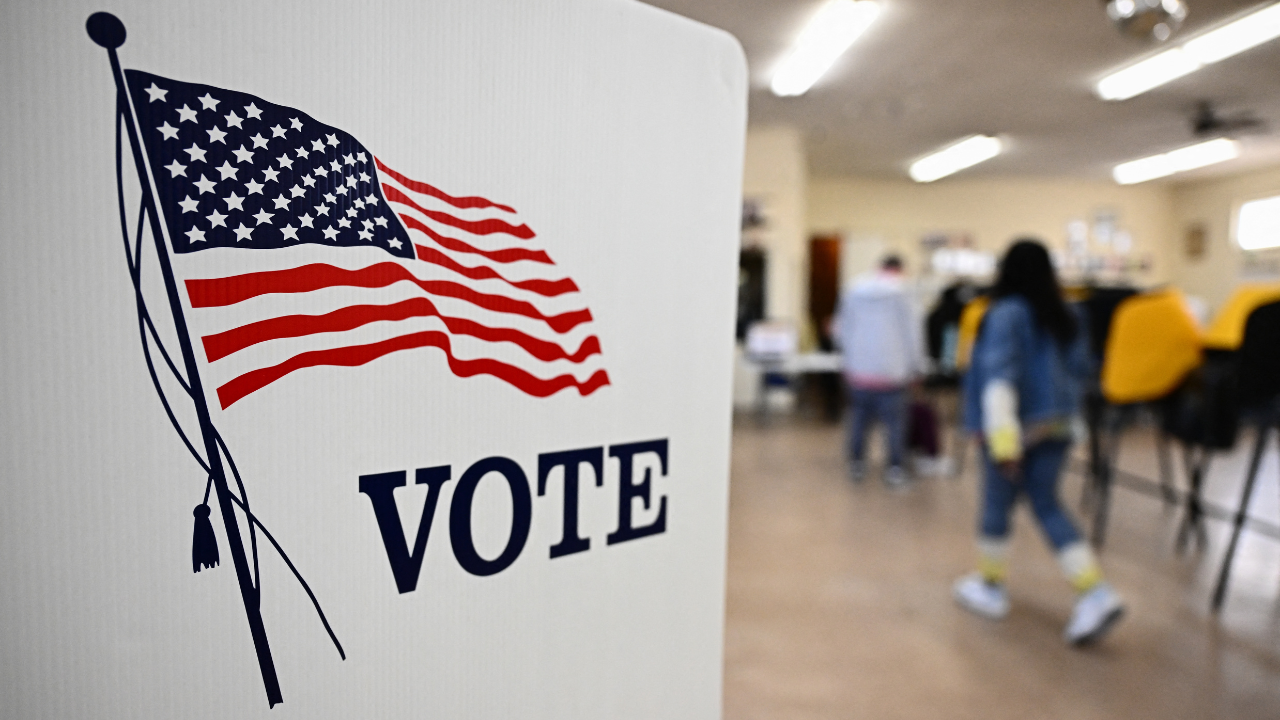California voters narrowly reject $18 minimum wage; first such no-vote nationwide since 1996

California voters recently made headlines by rejecting a ballot measure that aimed to raise the state’s minimum wage to $18 per hour. This marked the first time in almost 30 years that such an initiative failed nationwide.
The final tabulation of the votes took two weeks after Election Day, as the margin was narrow, with 49.2% of Californians ultimately supporting the wage increase, falling just short of the majority. The vote results displayed a geographical divide, with every Bay Area and coastal county except San Luis Obispo, Orange, Ventura, and Del Norte backing the measure, while every inland county except Alpine and Imperial opposed it.
Currently, the minimum wage in California stands at $16 per hour, with a $20 per hour exclusion for fast-food restaurants with 60 or more locations. This exclusion was introduced in 2023 with the approval of Democratic Governor Gavin Newsom.
Newsom faced criticism from opponents who argued that the wage increase would lead to job losses. However, Newsom defended his support for the wage hikes, stating that the pay increase for fast-food workers provided them with a greater voice in workplace standards.
The California Chamber of Commerce CEO, Jennifer Barrera, emphasized that economic and personal costs were key considerations for voters in the election, suggesting that the message resonated with them.
Support for the wage hike initiative saw significant financial backing, with reports indicating that startup entrepreneur Joe Sanberg allocated $10 million towards the effort. Additionally, Democratic Los Angeles City Councilman and former state Senate President Kevin de Leon was another prominent supporter.
This rejection of the minimum wage increase ballot measure in California is a rare occurrence, as there have been about two dozen similar initiatives since 1996, with the last failure dating back to a Missouri election in which a proposed $6.75 wage increase was declined.
In conclusion, the results of the California vote on the minimum wage increase highlight the ongoing debate surrounding wage policies and their impact on the economy. While proponents argue for fair wages and worker rights, opponents raise concerns about potential job losses and economic repercussions. The outcome of this ballot measure reflects the complex considerations at play in shaping labor laws and regulations in the state.




